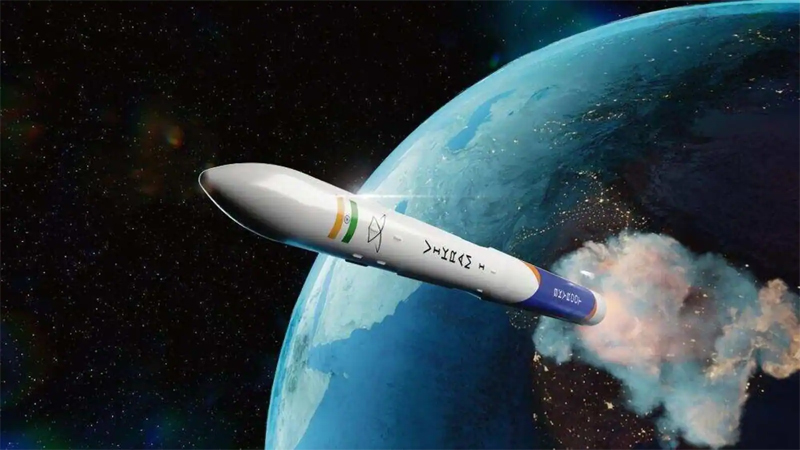The launch of Vikram-S from Sriharikota space launch station is a historic step in Indian space mission program. Code named ‘Prarambh’, this mission has broken decades long monopoly of ISRO over Indian space and opened the gates for more companies to follow soon. It was a suborbital space mission with three different payloads from three different companies, Chennai based startup Space Kidz, Andhra based N-Space Tech and Armenian Bazoomq Space Research Lab. Skyroot Aerospace Private Ltd, the company behind Vikram-S rocket, is a startup founded by two ex ISRO employees only, with a dream to make feasible, affordable, on demand and reliable journey to space. All this has been made possible as PM Modi opened the space for private players in 2020. Vikram-S is powered by Kalam-80 engine with a payload of 480 kg , three solid fuel powered stages and each has burn time of 80 to 180 seconds, structure is built with high strength carbon fiber with solid fuel. Skyroot’s success story will definitely motivate others to enter the space sector which can deliver wonders to Indian space program, defence and other companies. Fact is ISRO is providing test facilities to various other companies also, playing the role of big brother in helping out fellow siblings. Recently only another startup Agnikul Cosmos used ISRO’s vertical testing facility at Thumba Equatorial Rocket Launching Station to test fire their semi- cryogenic engine. As per estimates Indian space industry was around 7 billion dollars in 2019 and by 2024 it has the potential to grow up to 50 billion dollars. It’s a win-win situation for all and like many other fields for which government has removed license raj, opened up space program also and plan to use private technologies in future launch of ISRO satellites. It’s a quantum leap, a matter of pride and celebrations for entire nation.
Trending Now
E-Paper


